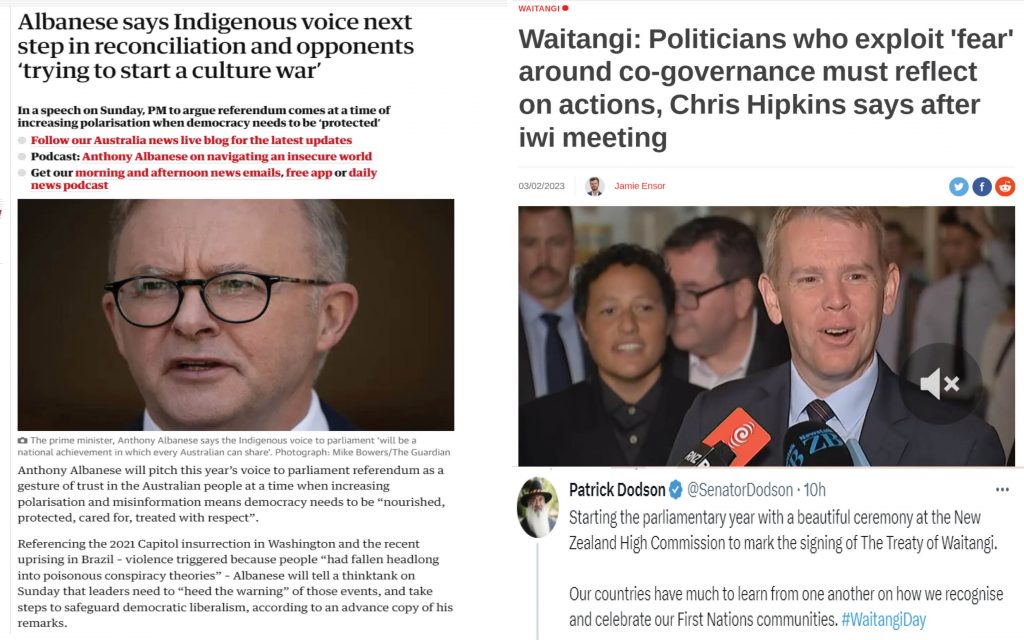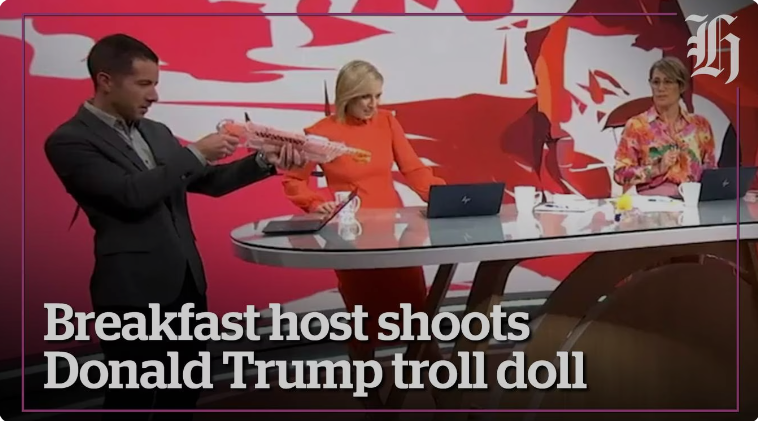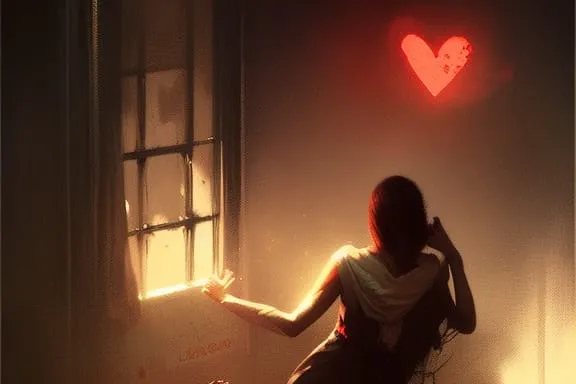
The choice between love and fear is the most vital choice available to us as human beings, although it is typically misunderstood or misconstrued. Fear and love don’t always look like you would expect them to.
Fear we equate with horror movies, or material fears pertaining to the physical world. You may be surprised just how many of these inner machinations of fear are purely ethereal or intellectual- the mind simply being afraid of ideas that it has construed as threatening.
Love, too, is greatly misunderstood. We often characterise it as arriving in the form of affection, but this is just our human patina colouring our world. If we are lacking an existential sense of connection, then we feel we need to be affirmed to be worthy or loved, so we continue to seek this outwardly in manifold ways, most of which are merely fantasies. We find ways to move in the world that encourage other people to tell us we are special, we seek out soulmates and endlessly outsource our need for specialness to others, when really all that is needed is a supremely deep dive inward.
The game of fear cannot be won. To engage it at all represents an inherent loss, hence the state of the world. There is no hierarchy within fear – the bully or tyrant is just as much a victim as those he abuses. To step into the game of fear is therefore to choose to court misery. It cannot be foisted upon you; it can only be chosen. This is because we are ultimately responsible for our own states of relative wisdom or ignorance.
Fear is regularly chosen out of conditioned habit and miseducation. Recognize every small decision of fear, and choose to disengage from that illusion into the truth of love where you already are, the truth of I AM. Awareness is the golden key to this. The truth of who you are cannot be trapped in darkness against your will.
The game of love, by stark contrast, cannot be lost. To choose it represents an inherent victory. There is no hierarchy in the participation of the love of the divine. To enter it, in other words, to choose to engage it, is to experience immediate success. You are not granted external reward – it constitutes its own reward. It must be chosen eventually, because the only other choice begets sorrow, loneliness and misery. Real love is never separate, real love is shared amongst all or it is nothing.
Look at all the tiny ways fear continues to dominate our thoughts, and therefore our lives. The great teachers consistently taught that the kingdom of heaven, whether they called it ‘moksha’, ‘liberation’ or ‘nirvana’, was always all around us, but they were also careful to add that no one is typically willing to look at it, because the price would be giving up all that you think you know. What we are afraid to give up in this equation is the paltry kingdom of our own making, the constellation of our egoic arguments, arrogant conclusions and our blithe confidence about the way the world appears to us at this level.
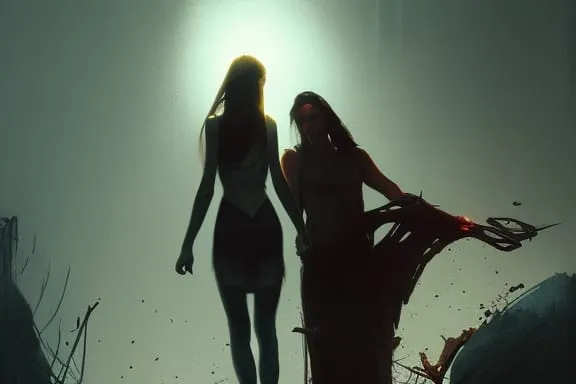
That is because those who do not understand their true nature are loath to look through the eyes of anything but fear. The opposite of this eternal teaching is simultaneously true – hell is all around us, but none can understand that it is both temporary and illusory. In this self-imposed blindness, people resort to the only solutions they have learned in their life-long ignorance, all of which serve to dig them into an ever-deeper hole. For one who chooses fear, suffering is their constant companion. Is there any among us who has ears to hear this timeless message? This is what the teachers of the past across the globe have implored us in unison.
There is no moral ‘ought’ in choosing love over fear, or unity over separation. This is simply the choice that is always freely available to you. If you know your true nature, the light that you are doesn’t really have much of a choice anymore, because what is good chooses the good, and what is light moves toward the light. Do you choose your thoughts, actions, and attitudes to confirm the deeper nature of love and unity? Or, do you choose that which separates us indefinitely from that simple realization? With what ongoing result? No one will judge you for what you have chosen – they don’t need to, because it would be of no use. Pointing out how you were wrong cannot make love feel better about itself, because love is not an insecure ego.
Are you choosing the love that is the source of all, or are you choosing the denial of love which is fragmentation and disunity? Are you choosing the same thing over and over and somehow expecting miraculously different results? You are free to sow your fields with any seeds you wish, but don’t sow them with nettles and expect a bumper crop of apples.
Fear is above all a prodigious liar. It shows you not only glimpses by way of mental images, but also glimpses of projected feelings pertaining to what your choices and actions might lead to, such as the projected feeling of ultimate contentment, peace, or sweet success. Furthermore, because it was born inside your mind, it knows your weaknesses. It promises you results entirely different than it is capable of producing. Most people are unaware that it was fear that glued together their entire worldview.
The ongoing purpose of fear is to create more fear. Like love, it is self-propagating. Do not believe this, because that would be of no help to you – observe it in your thoughts and actions and experiment with it. Have you ever seen an evangelist spread a message of fear? Why are those who promote fear so loud and obnoxious? Why are the peaceful, tolerant, compassionate and inclusive so quiet? Because they don’t stand on soap boxes exhorting change from everyone around them on pain of exclusion. The message that ‘all is well’ is an exceptionally quiet but powerful message. It is extremely difficult to make that out amongst the clamour of the deluded masses shouting themselves hoarse.
People nevertheless continue to feed fear. This is because in some way, those empty promises about the survival of the frightened fragment you had assumed yourself to be have been believed and invested in. You repeated the choices again and again, which bought you more of the same. There is no use in claiming you were swathed in darkness of ignorance because what is past is past – what counts is what you are choosing now in the light of awareness. Perhaps you were ignorant and in darkness, but you are not now. This is what is meant by putting one’s hand to the plough and not looking back.
This is also why the great teachers and mystics placed such an emphasis on the dictum ‘know thyself’. The contents of your soul need to be made clear to you, no matter what. It is the number one primary good to be self-knowing, in other words to be ‘awake’. Being awake has nothing to do with being a walking encyclopaedia of conspiracy theories. It has to do solely with your access to the depth of your own truth in the flow of this eternal now, moment to moment.
Thankfully, for many of you reading this, the time for choosing fear has actually ended. Further investment in fear is no longer tenable in your life, and the deeper part of you knows this to be so.
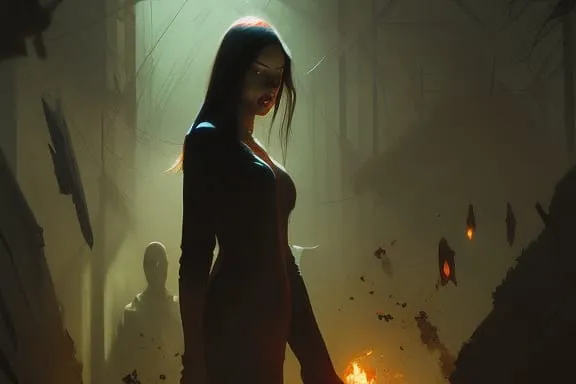
Examples of fearful thoughts:
Get them to like you, then you will feel conditionally worthy.
Put yourself first, and you will be safe.
Use reverse-psychology, then you can manipulate your partner into giving you more of what you want.
Tell your partner you can change or become a different person, then they will not leave you.
Treat them respectfully now so that they will look after you when you are in trouble.
Do what they say you ought to, and then you will fit in and not be excluded.
Make them think your role is more important than it is, then they will respect you.
Bury the problem and ignore it for long enough, and it will leave you alone.
Notice how many of these are consequentialist in nature. Fear projects horror into the future and asks you to fritter away the only thing that is real, the ‘now’, in cascading delusions. It casually disrespects the well-being of others in favour of short-sighted self-preservation and self-promotion. Anything that depends upon a projected result in this way does not touch the realm of love, which is about service and the inherent value of doing, not consequence. I would rather refrain from giving too many examples of love, because I don’t wish to imply that you are being given a moral prescription, however, take the following example. A mother bird pushes her fledgling out of the nest because she trusts her offspring is mature enough to spread its wings and attempt flight. Is it bad to push, or is it loving to respect what another is capable of?
The same kind of love may be available to you when for example your friend or spouse refuses to agree with your claim of being a victim to a particular situation. Maybe that doesn’t feel immediately nice, as how we often portray love, because you aren’t being shown affection. Despite this, maybe you really are being supported and given exactly what you need for your continued growth and liberation. Such is love; it doesn’t always look the way we think it will, and sometimes it can appear less like being wrapped and swaddled and more like being dunked into cold water.
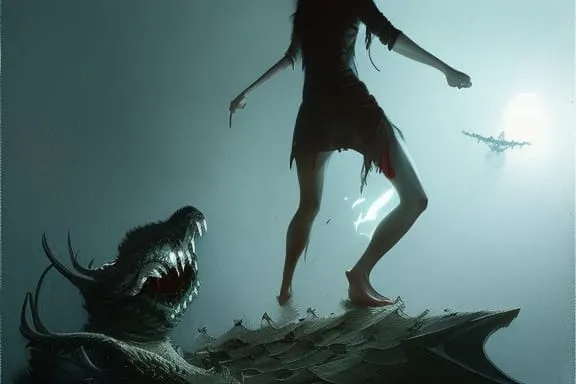
If you knew you were eternally loved, worthy, valid, and included, and you were never once considered by the divine source to be a candidate for exclusion, what would you do in light of that unconditional love and acceptance?
The traditional argument is that if there were no tough rules, people would just do whatever they want. Don’t forget that the only reason tough rules are even introduced in the first place is in response to an already dysfunctional society poisoned by the very institutions placed to protect it. Throwing more dysfunction into play will do nothing to heal the core failure.
A society can function perfectly without harsh rules if it is founded upon love. This has nothing to do with dancing around in circles wearing daisy chains saying ‘anything goes, man’. Love is not laissez-faire; it is intelligent, cohesive and wise. It attends to specific situations with a high respect for context, because love means that aware attention is given, unlike the vacuous bureaucratic processes we are all-too familiar with. If society is founded upon separation and inequality, then those harsh rules will convey the optical illusion of their necessity.
Disengage fear and you are in your authentic, natural state, the great ‘I am’. Unbeknownst to almost everyone, this is the core message that the world’s highest teachers have brought to us. They all had to skirt around this core message, because it was so simple that people wouldn’t accept it. The human mind craves narrative and substance around messages, hence all of the mystical parables and stories we have inherited. The kingdom of heaven is at hand, not reserved for those who are morally good and conform to authority, but for those who remember their heritage in spirit and choose to leave fear behind along with all the other things of the past that did more harm than good, such as bloodletting and prefrontal lobotomy.
The very remembrance of this heritage is sufficient to elicit in us all of the virtues that the world traditions have valued and promoted – not acting so as to become good, but because this is how goodness itself naturally acts when given the appropriate encouragement. This represents the final layer of self-inquiry and self-discovery – that we in our natural state are divinely free and unblemished. The ego fearfully misinterprets such a statement as mere arrogance, but what it really represents is the final challenge of love to confront and therefore understand who you truly are – this is the timeless meaning of the dictum ‘know thyself’. This vital ‘I AM’ marks the eternally available choice to participate in Love, which is by the same turn to permanently deny the movement of fear.
*
Simon P Murphy is a Nelson-based esotericist and philosopher, and author of His Master’s Wretched Organ, a brilliant collection of weird fiction stories.

